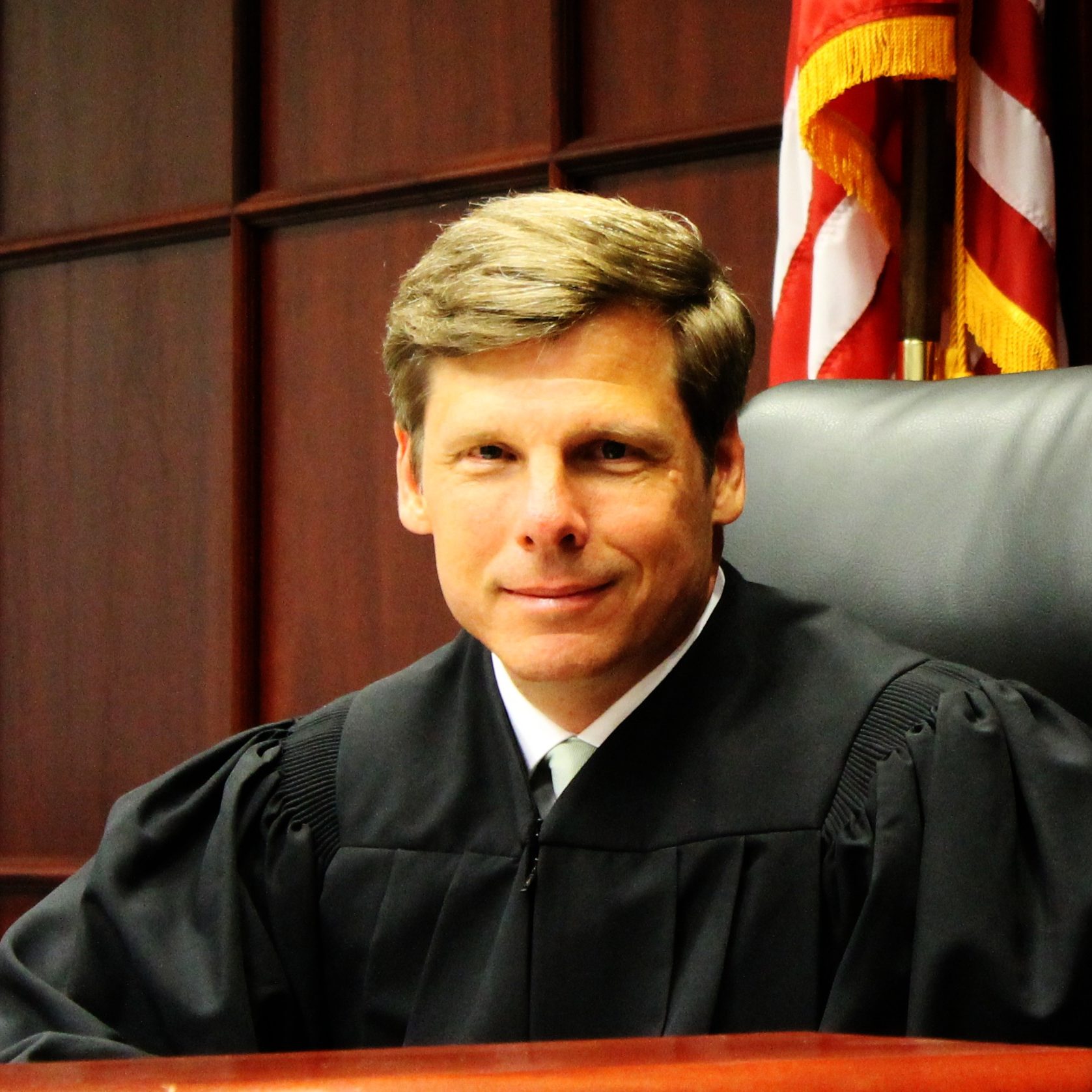
Judge Paul Ridgeway currently serves as the chief superior court judge of the 10th Judicial District of North Carolina. In this position, he oversees the local court system and ensures fairness and impartiality. Ridgeway is a graduate of North Carolina State University’s MPA program, which he studied to gain greater insight into public policy, an avenue he sees every day in his career.
How did your MPA degree prepare you for your current position?
The chief judge position, particularly in a thriving urban area like Wake County, requires the management of a wide variety of competing public interests to ensure that justice is administered in a fair, impartial and efficient manner in our local courts. Moreover, because our courts are situated in the capital city of NC, our docket often includes cases involving state and local governmental agencies and cases with significant public policy implications. My MPA degree provides me the tools to effectively manage our local courts, and training and insight that is often invaluable in understanding complex litigation involving governmental agencies and public policy.
What is the most valuable takeaway you learned from the MPA program?
I gained a deep appreciation for the well-trained and hard-working public servants who, like many of my colleagues in the MPA program, have dedicated their careers in local, state and federal government to make our democracy work.
What initially drew you to public administration as a career field?
At the time I enrolled in the MPA program, I already intended to follow my MPA studies with law school. As such, I was drawn to the field of public administration because of the significant overlap between law, public policy, and public administration. I envisioned using my dual degrees to enable me to participate in the formulation of public policy.
Did you complete any hands-on experiences or internships while in the MPA program?
While enrolled in the MPA program, I had the very valuable opportunity to serve as a teaching assistant for a professor who taught research methodology in the program. I also interned at a law firm.
What excites you most about your job at the moment?
Our court system, like society around us, is rapidly evolving with exciting changes in how technology is integrated into the administration of justice. Some of these changes will yield greater efficiencies so that justice can be offered without delay, and some of these changes may shed light and provide better tools to administer justice in a way to better guard against outcome disparities associated with poverty or bias. I am excited that my job allows me to play a small part in the planning and implementation of some of these solutions.
Why would you recommend the MPA program to future students?
I remain as convinced as I was in 1982, when I started my MPA studies, that combining a law degree and a MPA is a good strategic path for students interested in pursuing a legal career either in the public sector or in a practice focusing on governmental affairs and public policy. So, I certainly recommend pursuing an MPA for students in my situation.
Design & Developed by VW Themes
Deprecated: ltrim(): Passing null to parameter #1 ($string) of type string is deprecated in /home1/ncpaance/public_html/wp-includes/formatting.php on line 4494